Author: Lynda Benigno
Imagine you are, by all outward appearances, put together and active. You go to work every day, attend social events with family and friends, and engage in hobbies. People who know you would say you have got everything in your life under control, you are a high achiever, and everything appears fine all of the time. However, underneath something festers. You push through your thoughts and feel little to no joy during your day. When you get home, you are exhausted. Sadness, anger, guilt or self-doubt slowly returns. You went through the motions of another day, decide to watch some tv and go to bed. You may be getting through each day, but that doesn't mean you don't need help.
The term" high functioning depression" is not an official diagnosis. It is a buzzword coined mainly on social media and blogs as a description for what it feels like to have PDD, Persistent Depressive Disorder or Dysthymia. Many people have said the buzzword used to describe PDD has helped them talk about their condition more openly or got them back into therapy to work on their coping skills. PDD is a less severe but more chronic form of major depressive disorder. There are nine different forms of depression currently recognized by the Diagnostic and Statistical Manual of Mental Disorders. Your level of functioning is used for diagnostic purposes. The low end is crippling depression. Basic hygiene, getting out of bed, difficulty maintaining relationships or holding down a job are characteristic of crippling depression. Goals set in talk therapy for crippling depression are more clearly defined because the impact on daily life and functionality is more apparent, taking a shower or going to the grocery store would be actionable goals. With PDD, identifying actionable goals during treatment can be more difficult because the patient is performing daily functions and the patients desired outcome is often vague, he or she just wants to be happy. Symptoms of PDD mirror that of other depressive disorders and may vary from person to person.
Symptoms of PDD can include :
*Lost interest in daily activities
*Hopelessness
*Low self-esteem
*Feelings of inadequacy
*Sadness, emptiness
*Trouble concentrating or making decisions
*Irritability or excessive anger
*Feeling of guilt or excessive worry
*Poor appetite or overeating
*Excessive sleeping or insomnia
*Patients with PDD are often high achievers who seek perfection and may have trouble slowing down or resting.
Recognizing symptoms and seeking help is an important step to take to start feeling better. Identifying myths is just as crucial because they can keep you from seeking treatment.
These include:
*Depression always involves episodes of crying or irritability
*Depression always contains thoughts of suicide
*There must be an identifiable reason for your feelings ( often there is no explanation other than " I just feel this way")
*Functionality is always tied to your emotional well being
*Everyone who has depression has the same symptoms and experience
Medication, when used in conjunction with talk therapy has been proven to be the most effective for patients with PDD. Your treatment can vary depending on a number of factors, including, willingness to get better, your ability to tolerate medication, and severity of symptoms. Acceptance of your condition, giving yourself permission to slow down and lifestyle changes are also beneficial.
No one gets better overnight, be gentle with yourself. Seek support from friends and family who are capable of being equally gentle. It takes strength to seek treatment so take a moment to recognize that strength within yourself. Sometimes it takes some trial and error to figure out how to get to equal footing. Staying on a long term treatment program will help prevent relapse of symptoms. Genetics, trauma, and stress are contributing factors and can be addressed in psychotherapy. Depression, no matter which type you suffer from, is a lifelong companion, but it does not need to be so loud.
The opinions expressed in this article are of the author and not intended to diagnose, treat or cure any mental or physical condition. If you are struggling, please contact your healthcare provider, the Nation Suicide Prevention Hotline at 1-800-273-8255 or the Stepping Stone Community Services at 330-577-4099.








